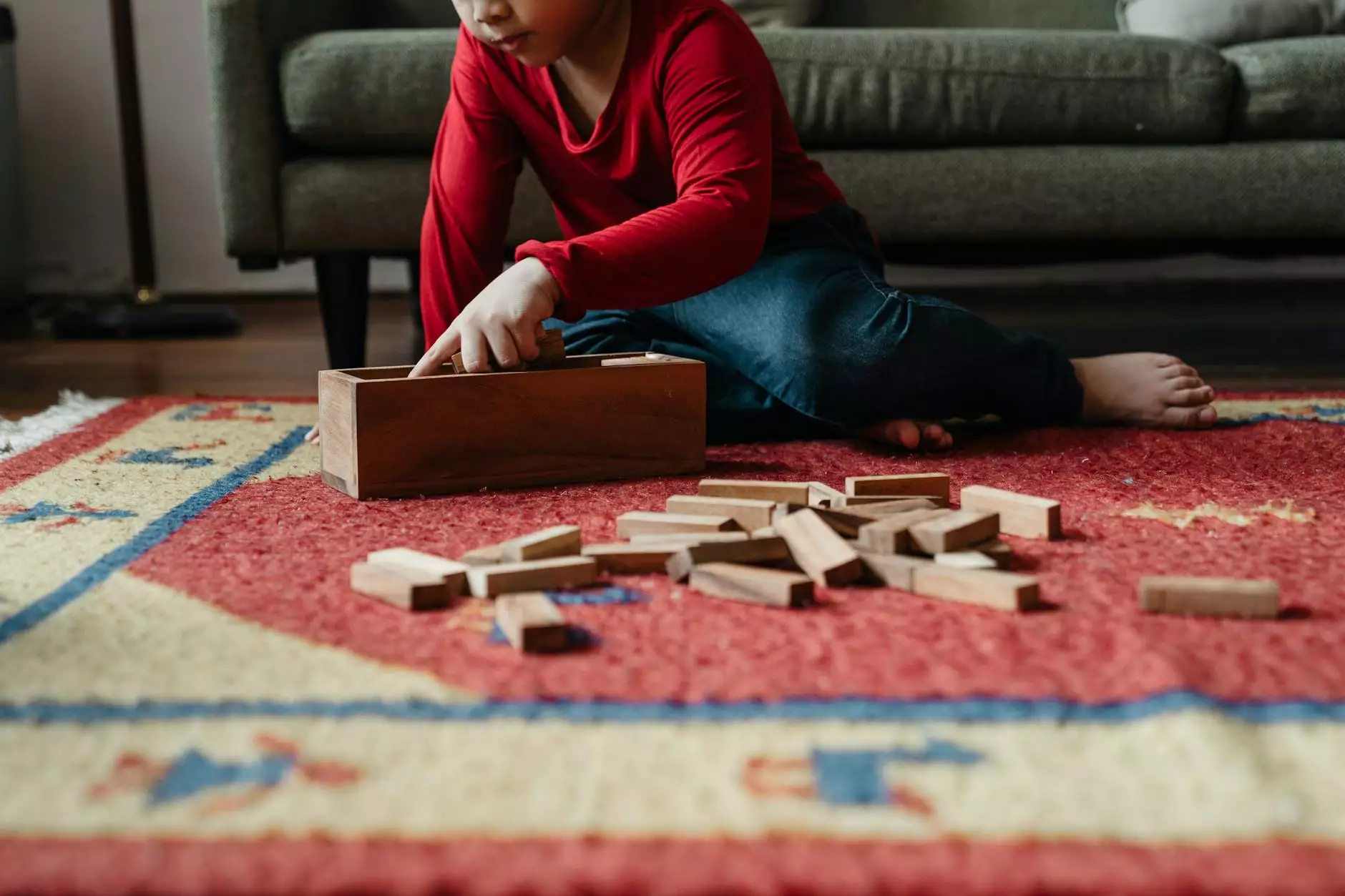Promoting Playful Numeracy Learning in Preschoolers

Introduction
At The Knowledge Nest, we understand the importance of early childhood education and the role it plays in shaping children's future academic success. In this article, we delve into the significance of promoting playful numeracy learning in preschoolers, highlighting the benefits of a comprehensive approach and providing insights into effective strategies.
The Importance of Numeracy Learning
Numeracy, or numerical literacy, is a fundamental skill that lays the foundation for a child's mathematical understanding and problem-solving abilities. By introducing numeracy concepts through playful activities, we foster a positive attitude towards math, enhancing a child's confidence and engagement in learning.
Benefits of Playful Numeracy Learning
1. Enhances Critical Thinking Skills: Playful numeracy learning encourages children to think logically, analyze patterns, and make connections. Through hands-on activities and games, children develop essential problem-solving and reasoning abilities.
2. Fuels Curiosity and Exploration: By incorporating play into numeracy learning, we ignite children's curiosity and encourage them to explore mathematical concepts in a fun and engaging manner. This approach cultivates a love for learning and ensures a deeper understanding of mathematical principles.
3. Builds Strong Foundation: Playful numeracy learning lays a solid foundation for future mathematical concepts and builds prerequisite skills. By introducing early numeracy skills, such as counting, number recognition, and basic operations, children develop a strong base upon which more complex mathematical concepts can be built.
4. Promotes Social Interaction: Through collaborative play and group activities, children develop crucial social skills like communication, teamwork, and problem-solving in a supportive environment. Playful numeracy learning creates opportunities for children to learn from and with their peers, fostering a sense of community and cooperation.
Effective Strategies for Playful Numeracy Learning
1. Manipulatives and Hands-on Activities: Incorporate physical objects, such as blocks, counting toys, or measuring tools, to provide tangible representations of numeracy concepts. This hands-on approach allows children to visualize and manipulate quantities, enhancing their understanding of numbers and operations.
2. Games and Puzzles: Engage children in age-appropriate games and puzzles that involve numerical concepts. Whether it's a board game that requires counting or a puzzle that encourages problem-solving, these activities make learning enjoyable while reinforcing numeracy skills.
3. Everyday Math: Integrate real-life math experiences into daily routines. For example, involve children in cooking or grocery shopping, where they can practice concepts like measuring, counting, or comparing quantities. This application of numeracy skills in familiar contexts reinforces their relevance and fosters a deeper understanding.
4. Multi-Sensory Approach: Engage children through multiple senses by incorporating visual, auditory, and tactile elements in numeracy activities. For instance, use colorful visuals, songs, and manipulatives to reinforce learning. This multi-sensory approach caters to different learning styles and enhances comprehension.
Conclusion
At The Knowledge Nest, we believe that promoting playful numeracy learning in preschoolers is essential for their overall development and future academic success. By implementing effective strategies, children can develop a positive attitude towards math and build a strong foundation for future mathematical concepts. Our community and society-focused organization is committed to providing a comprehensive approach to early childhood education, ensuring that every child has the tools they need to thrive.










